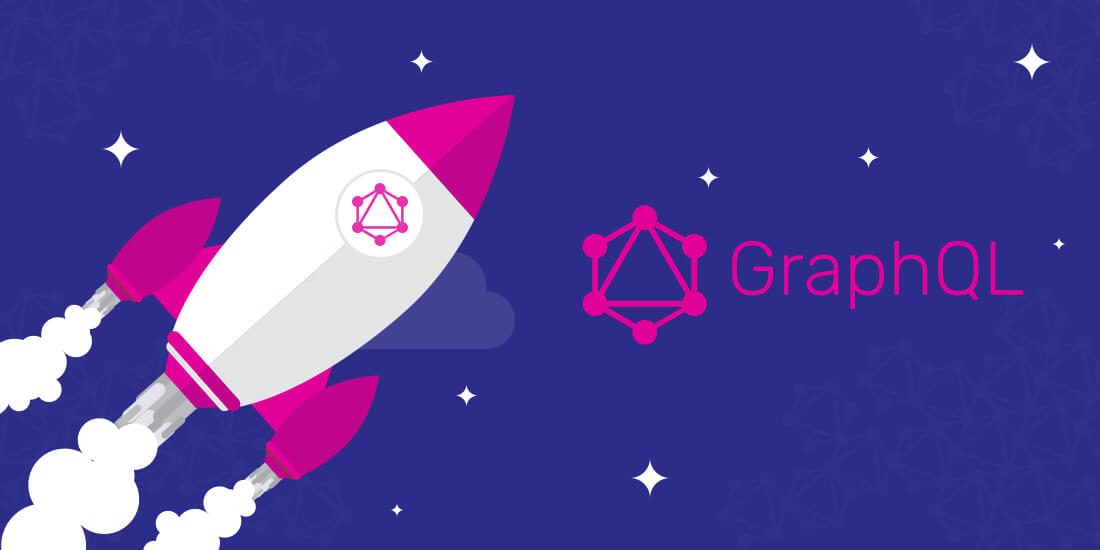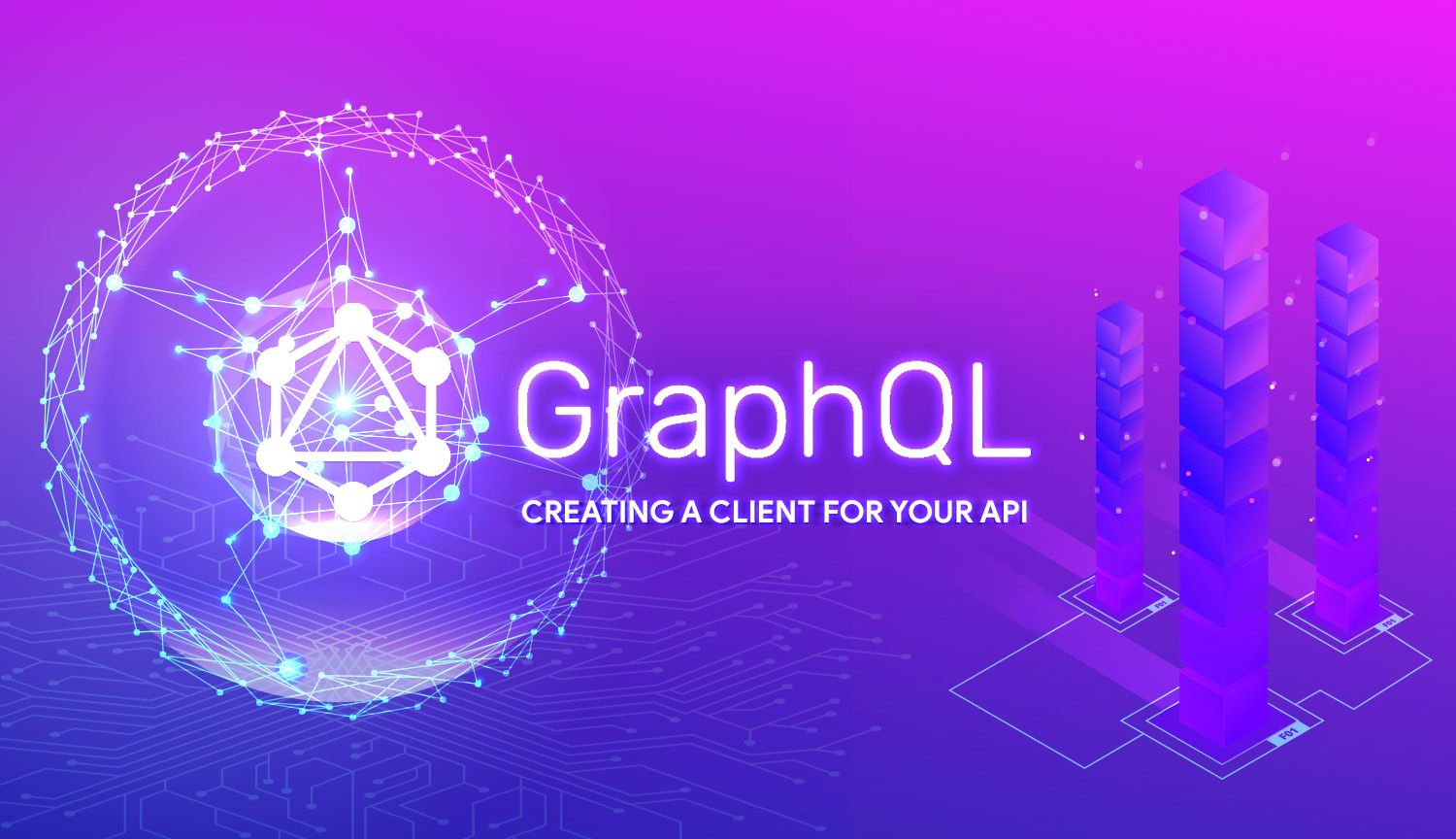
Sad to See it Go
I have been working diligently on a great GraphQL course for the last couple of weeks now, and I finally wrapped it up. The feeling is bittersweet; while it's always great to be able to add some more hours to my completed coursework count, I know I won't be working with GraphQL for some time to come, and it's one of my favorite technologies. Andrew Mead's The Modern GraphQL Bootcamp was masterful, and I really felt as though I learned an extraordinary amount from this course. The way he teaches is second to none, giving the student ample amounts of challenges along the way to apply the material being taught at the moment. Literally, almost every video in the course had an accompanying challenge, some harder than others, but all of them made me think a little more critically about the topic at hand. I still don't feel like a GraphQL guru and feel like there's a lot to learn, but unfortunately, I have to put it away for another day. I'm starting my new job a week from tomorrow, and GraphQL is not part of their stack. I won't have much decision-making power for quite a while in this position, if ever, but I will certainly make the case for this technology if I ever get the opportunity. GraphQL is a great way to pull information from a database without having to pull the entire database. It's fast and the interface is fantastic. Also, it's super popular and other technologies like Prisma and Apollo are popping up to support and work with GraphQL every day, making it even better than it already is. I sound like a fanboy, but I see serious potential for the future of GraphQL and will be sad to not be working with it for the foreseeable future.

Now that I've put this course to rest, I can focus a little better on the task at hand: getting prepared for my first day in the office. In my new job, as far as I can figure out, I will be working mainly on the frontend of operations and with JavaScript, primarily. Right now, they have a few Vue components, but are looking to get rid of these and possibly adopt some React into their projects, and maybe even React Native. It will be difficult to fully grasp what my role is until I get situated there and gauge the room, but my understanding is that I will be working with JavaScript, HTML, CSS, and React in the near future, all frontend stuff and little backend to get started. The plan going forward, hopefully, is to gain some knowledge of their backend and be able to grow my skillset to include .NET and SQL, as well as any other technologies they might be working with across their stack. My personal goals for this job are to be able to gain as many skills that I can market myself with, so I'm a more valuable asset for my next job change, whenever that may be. In this industry, once you have some professional experience, you become a much more marketable asset, and the pay increase from the first job to the second can be pretty substantial. The more experience I get, also, the closer I will be to being able to work from home, which is definitely a longer-term goal of mine.

Since I loved Andrew Mead's teaching style so much, I decided to pick up his course on JavaScript, The Modern JavaScript Bootcamp on Udemy. I purchased this course about a week or two ago, and finished up a bunch of the fundamental stuff quickly, but then I went back to focusing on the GraphQL course. So, now I'm almost done with the introduction to arrays section, and it's going really well. Just like the GraphQL course, there are plenty of challenges, and these are just as fantastic as the ones in the prior course. In fact, since I'm a little more comfortable with JavaScript than I am with GraphQL, I think I'm able to think a little more critically about these challenges instead of having to refer back to how he may have solved a similar challenge. In other words, I'm able to do some of the challenges on my own without the aid of examples, and this seems to further cement the material. In this arrays section, I have about 2 more videos left, and we're going over all of the important higher order functions associated with arrays, like .map, .filter, .sort, and others. These gave me fits for quite a while, and some of them still are hard to wrap my head around, but they are so useful, especially in the world of React. In React, you end up iterating over arrays of objects quite often, and you usually have to use .map or .filter to do so, so if you don't fully understand how to work with these, it can be pretty difficult to get what you need to get done. In the next section, we are discussing JavaScript in the browser, which I think is one of the most important parts of working with JavaScript, and I'm excited to get some good learning done.
Until tomorrow!


